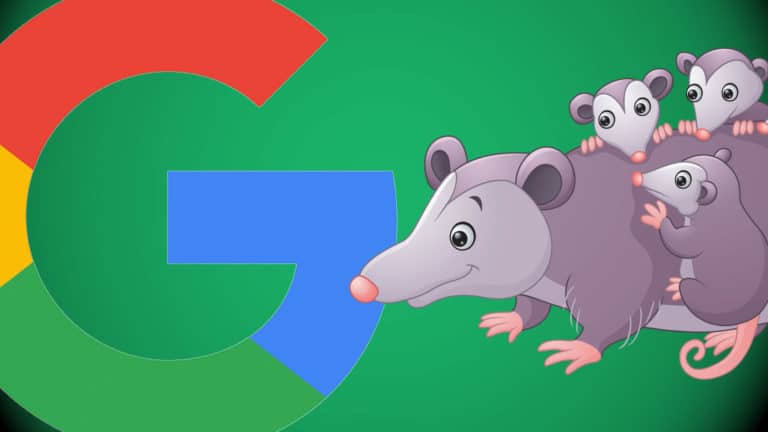
On the 1st of September 2016, there was a massive update in Google’s algorithm. The impact was most evident in local search listings and Google Map results. There was no official moniker for this update, allowing SEO enthusiasts to coin their own term! The name ‘possum’ cropped up because many thought that their listings on Google’s My Business were gone when it was actually just filtered away. The name comes from the suggestion of ‘playing possum’.
Some of the highlights of this update are:
- Businesses that fall outside the perimeters of the city listed for local searches got a huge boost in the rankings. Earlier, before this ‘possum’ update that is, business addresses just outside the city limits were not listed at the top of the heap, despite their superior SEO status. Now, these businesses that do not strictly fall under the geographical limits of the city have a better shot at the top local ranks.
- The listings on local searches are being filtered according to the enlisted addresses and affiliations. So, a business with three different websites with separate content but same address may find only 1 or 2 of their websites listed on local searches. Prior to the update, this filtering was done through domain name or phone number.
- Local search results are now attuned to the geographic location of the searcher. For example, if you search for something in X city from Y town, you will get different results compared to someone searching from Z town. These results are attuned to the location of the searcher.
- Despite minor variations of the searched keywords, results are more disparate than it was before the September 1 update. A minuscule change in the keyword use alters the results to a great degree.
Summary pointers about Google Possum Update:
Here are some pointers about Google’s Possum update:
- The Possum update was released by Google in September 2016 and is primarily aimed at local search results.
- It’s called “Possum” because it’s designed to filter out spammy and irrelevant results, making it harder for websites that engage in unethical or black hat SEO practices to rank highly.
- The update affected the way Google handles search queries that are location-based or have local intent, such as “best coffee shops in New York.”
- The update made the local search results more diverse by filtering out duplicate listings, which means that businesses that have multiple locations will no longer appear as one listing.
- It also improved the accuracy of the local search results by giving more weight to the physical location of the user performing the search.
- The update also helped smaller businesses rank better in local search results, as Google started giving more importance to the relevance and usefulness of the website’s content.
- The Possum update did not affect organic search results, so businesses that rely heavily on non-local organic traffic were not impacted.
- The update also led to a rise in “near me” searches and made it easier for users to find businesses in their vicinity.
- It’s important for businesses to regularly update their website’s content, ensure that their business information is accurate and consistent across all platforms, and avoid spammy or unethical SEO practices to maintain a good ranking in local search results.
- The Possum update was one of the many updates that Google releases regularly to improve the quality of search results and enhance user experience.
Hope these updates will help you tackle local SEO better!


1 responses on "Google’s Possum Update: What You Need to Know"